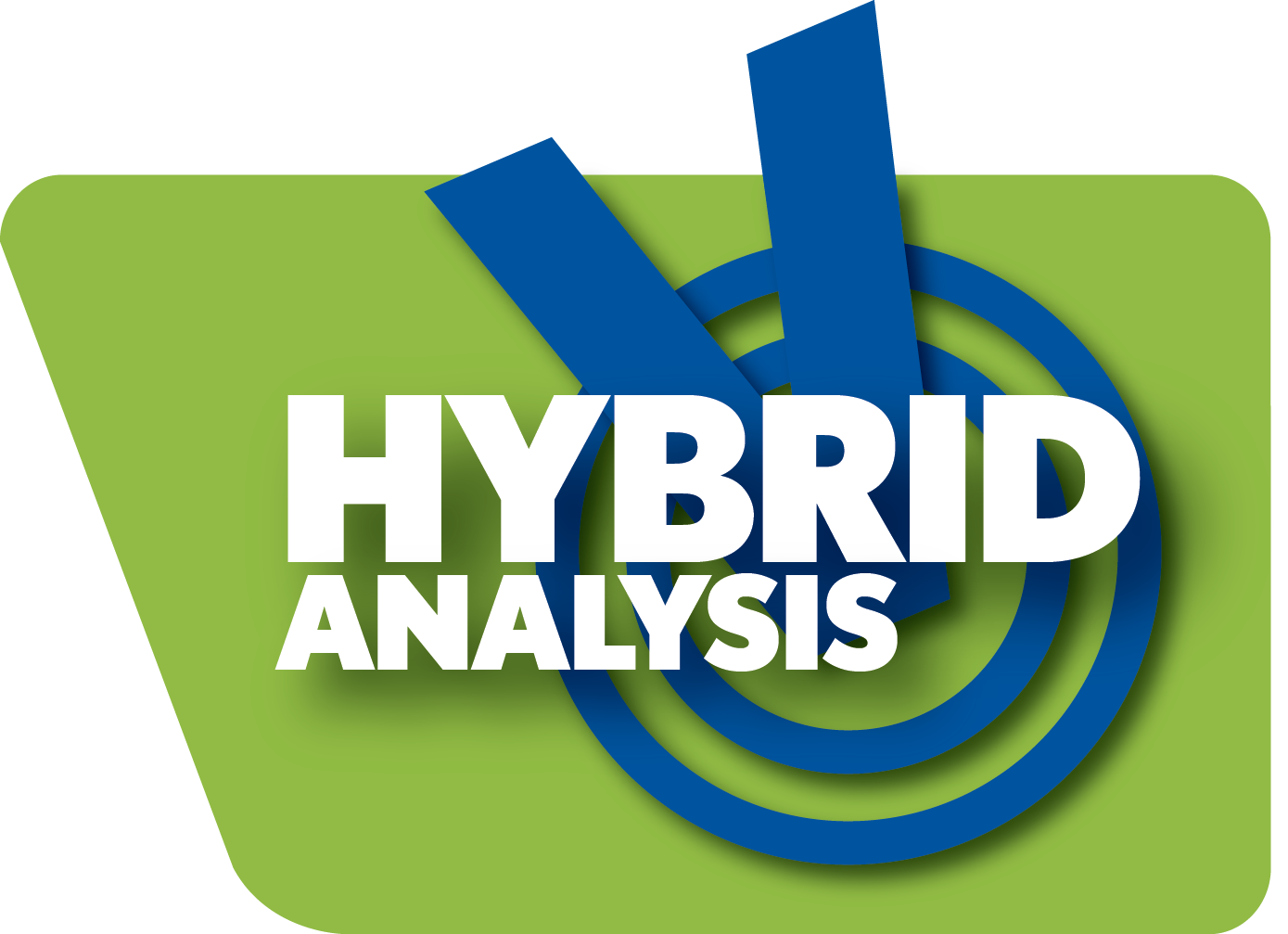EXECUTIVE SUMMARY

The Vincentric Hybrid Analysis provides consumers with information regarding the cost of owning a hybrid vehicle compared to its closest all-gasoline powered counterpart. This year, results demonstrated that over a third of hybrids will save consumers money, with 26 of the 65 hybrids offering a lower total cost of ownership than their closest all-gas equivalent.
The average price premium for a hybrid was $3,722, which is a $1,600 decrease from the previous study released in 2016. The average fuel savings from owning a hybrid was $2,487 which is a $554 increase since last year. When Vincentric examined all costs to own and operate a hybrid, the average cost of ownership was $733 more than the all-gasoline powered correspondents.
ABOUT THE U.S. HYBRID ANALYSIS
The Vincentric data team prepared the report to help users understand the financial dynamics, including cost of ownership and fuel savings, of hybrid vehicles compared to their closest all-gasoline counterparts. In addition to fuel costs, cost of ownership included seven other cost factors: depreciation, fees & taxes, financing, insurance, maintenance, opportunity cost, and repairs. Fuel prices used in these reports are based on a weighted average over the previous five months, rather than the exact prices you might see at a gas station today. This is done to ensure that the analysis reflects current market trends and not market extremes. The report assumes the vehicle is owned for five years with 15,000 miles driven annually. The numbers shown are U.S. averages, however, the same analysis can be done for any state or the District of Columbia.
Hybrid vehicles were compared to their closest all-gasoline powered equivalents based on a similar trim level. Cost differentials may differ if other trims are analyzed. The extract shown below shows the 5 most cost-effective hybrids.

COST OF OWNERSHIP AND FUEL COST COMPARISON
There has been much debate over whether the premium price that hybrid vehicles command can be financially justified. In the sample analysis report below, one can compare the price premium of the 5 Hybrids with the greatest fuel savings against their all-gasoline counterparts.

WHY DO OWNERSHIP COSTS DIFFER BETWEEN HYBRIDS AND THEIR GAS COUNTERPARTS?
In most cases studied, the hybrid vehicle had a higher market price than its closest all-gasoline-powered alternative, which causes several cost factors to increase including depreciation, finance, opportunity costs and fees and taxes. The analysis shows that in approximately one quarter of the cases, fuel cost savings associated with hybrid vehicles are able to offset their price premium. However, hybrids are becoming less cost-effective as they lose their competitive edge due to the improved fuel economy of gas-powered combustion engines and falling fuel prices. Ultimately, it’s important for consumers to look at their needs and the specific models available to them because depending on the negotiated price, driving patterns and intended length of ownership, a hybrid can still be a great value.
Click here to view the press release announcing the Hybrid Analysis.

Full analysis results with further detail regarding the cost of ownership and fuel consumption for each hybrid and its all-gasoline counterpart are available for licensing.
Please contact customer.service@vincentric.com to discuss receiving and licensing the complete analysis results.
 The 2017 Vincentric Best Value in America award winning hybrid vehicles.
The 2017 Vincentric Best Value in America award winning hybrid vehicles.
To be notified when additional special studies are prepared by Vincentric, please join our news list or you can follow us on Twitter.
|

If you are interested in learning more about other Industry Reports from Vincentric,
click here
|